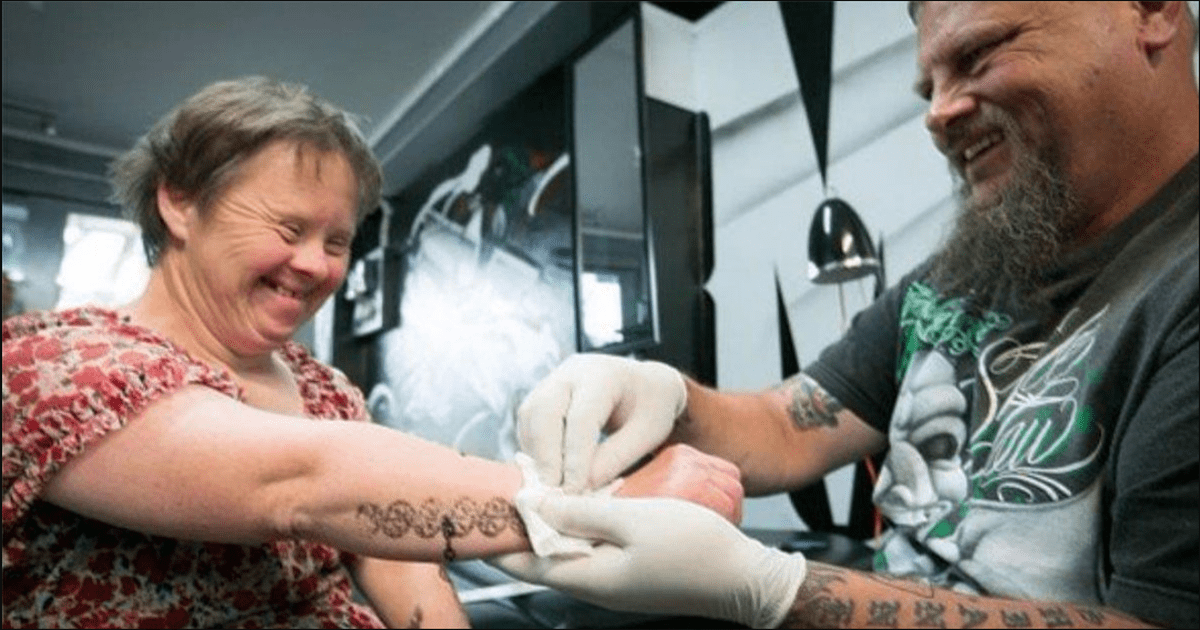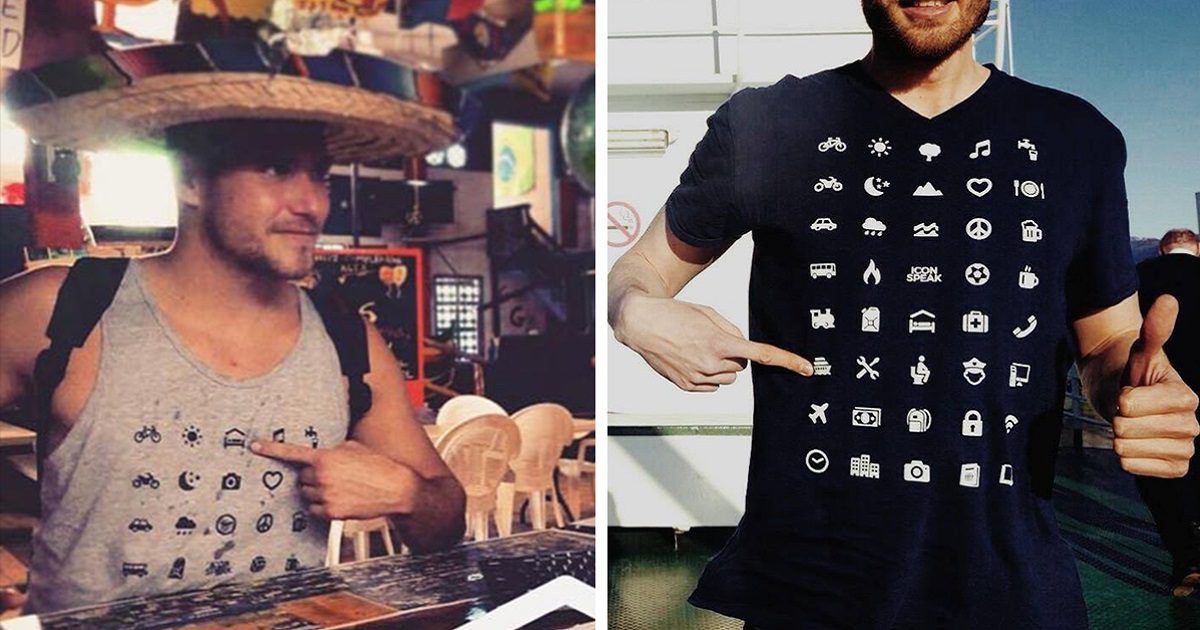Chances are you buy bottled water without having any idea as to what kind of plastic is used to make them. Most of us have never even been told what to look for, I mean, who knew?
Every bottle has symbols on it indicating what chemicals are on there.Here are the various symbols indicating different types of plastic bottles.

Here’s what they mean.
PET/PETE
PET is the most commonly used type of plastic for consumer products, such as drink bottles and certain types of packaging. It’s intended for a single use only, as repeated use can cause bacterial growth. These bottles can also release heavy metals and chemicals which cause hormonal imbalances. This is a difficult plastic to decontaminate.
HDP/HDPE
HDPE plastic is the stiffer plastic used in milk gallon jugs, detergent bottles, and some toys and plastic bags. HDPE releases very few chemicals, and experts recommend trying to get water bottles made of this plastic as it’s the safest one.
PVC/3V
PVC is a flexible plastic used to make food wrapping, teething rings, toys for pets and children, and bottles of cooking oil. It releases two toxic chemicals which can potentially cause hormonal imbalances. Experts recommend finding an alternative if possible.
LDPE
Although this plastic releases no chemicals into water, it is not used in the production of water bottles. It is, however, used to package food, where it does leak chemicals. Therefore, it’s best avoided.
PP
This white or semi-transparent plastic is often used to pack yogurt and syrups. It’s tough and lightweight, and also doesn’t melt when heated, which makes it relatively safe. It’s also a great barrier against grease, moisture, and chemicals.
PS
Polystyrene is a cheap, lightweight plastic that can be used in a manner of ways. It’s usually found in disposable styrofoam drinking cups, egg cartons, takeout containers, and plastic utensils. When heated, it can release carcinogenic substances. It is meant to be disposable and is not suitable for repeated use.
PC/Unlabeled
This is likely the most dangerous category of plastics as it was designed as a sort of catch-all other uncategorized plastics. These plastics can leach a lot of chemicals into food and beverages, and should be avoided whenever possible.
If you know someone who might like this, please click “Share!”


